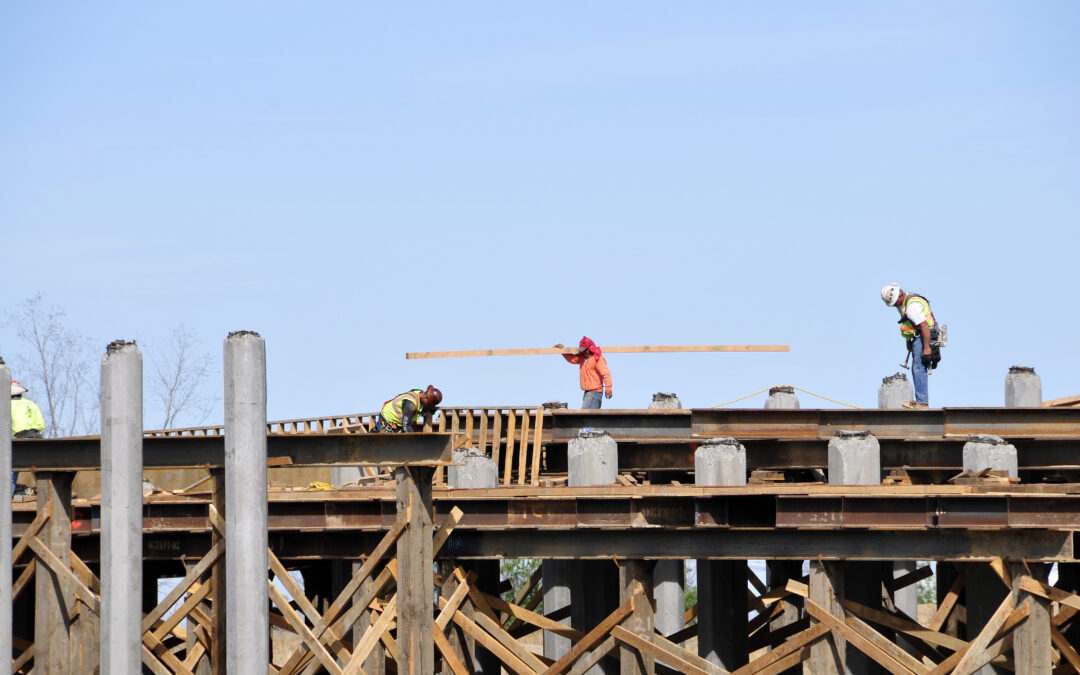It feels like Republicans and Democrats don’t agree on much these days. However, as the respective party leaders of the Michigan Senate, we are in agreement that the Legislature must do everything it can this year to improve Michigan’s roads while spending tax dollars wisely and protecting our environment from harm.
It’s no secret that our roads have been in bad shape for decades. The potholes and crumbling bridges put motorists at risk of blown tires and place our economy at risk of blown opportunities for new business investment.
The good news is that over the next few years, Michigan is poised to invest more money in rebuilding our roads than at any time in state history.
The bad news is that if we don’t act soon, we will needlessly waste billions making up for inefficiencies in our infrastructure repair process. We must do better and should not let politics stand in the way of getting the most mileage out of every taxpayer dollar.
The problem is that our current road building supply chain system is broken and already causing government waste. Before we inject billions more in funding, we must reform the system.
Here is the way it works today: as significant road rebuilding projects are determined, engineers begin the search for nearby sources of aggregates (sand and gravel) used to make concrete and asphalt. Naturally, the closer these heavy materials can be sourced to our major roads, the cheaper it is to haul them to the job site.
But, due to the hyper-politicization of sand and gravel permitting processes, city and township governments are often pressured to block local mines, forcing builders to source materials from across the state.
Fewer sand and gravel mines results in significant waste in road funding because the aggregate supply chain is squeezed both by reduced availability near job sites and the resulting need of additional trucks to supply from longer distances. With fuel costs soaring, the excess costs grow exponentially, as does the additional wear and tear on more of our roads.
Unfortunately, we’re experiencing the effects of what happens when our supply chains are disrupted: price inflation.
Ultimately, this solvable problem is costing taxpayers over a billion dollars from our transportation budget. No wonder we never seem to have enough money to fix the roads!
It’s not just our roads, bridges and drainage systems that are negatively impacted by the current system. Every new home, factory, warehouse, school and hospital requires large quantities of sand and gravel to be built. That means our entire economy is impacted by the aggregate supply chain crisis.
But we can do something about it.
Senate Bills 429, 430 and 431, which passed the Senate with bipartisan support, can replace this old and cumbersome system with a uniformly applied statewide aggregate mining permit process that relies only on facts and environmental science. By unlocking more aggregate mining permits closer to construction sites, precious road repair funds will not be wasted but instead will result in more visible progress on public infrastructure and private development.
Another positive effect of the new aggregate permitting reform plan is increased environmental safeguards on sand and gravel mines, ensuring that our water and other natural resources are kept clean. Furthermore, by reducing the number of long-haul routes for construction supplies required under the current aggregate permitting system, we can protect our environment by reducing carbon emissions by hundreds of thousands of tons. Shorter aggregate haul routes mean less fuel burned and less carbon dioxide released into the air we breathe.
With billions in new road funding available, we have a once-in-a lifetime opportunity to invest in transformational infrastructure projects in Michigan. But it would be irresponsible to keep the current, inefficient aggregate supply chain system when we know it will waste billions of dollars. That is why we need to act on this legislation as soon as possible.
Don’t just take our word for it, either. Michigan’s leading business and labor leaders believe these reforms should be passed immediately. The Michigan Chamber of Commerce, Michigan Manufacturers Association and other economic groups have joined forces with major labor organizations like the Operating Engineers 324, Michigan Laborers and Michigan Teamsters in support of Senate Bills 429, 430 and 431. We think you should, too.
Mike Shirkey, R-Clarklake, is the majority leader of the Michigan Senate. Jim Ananich, D-Flint, is the minority leader of the Michigan Senate.
This article was originally published in The Detroit News. For more, click here.

